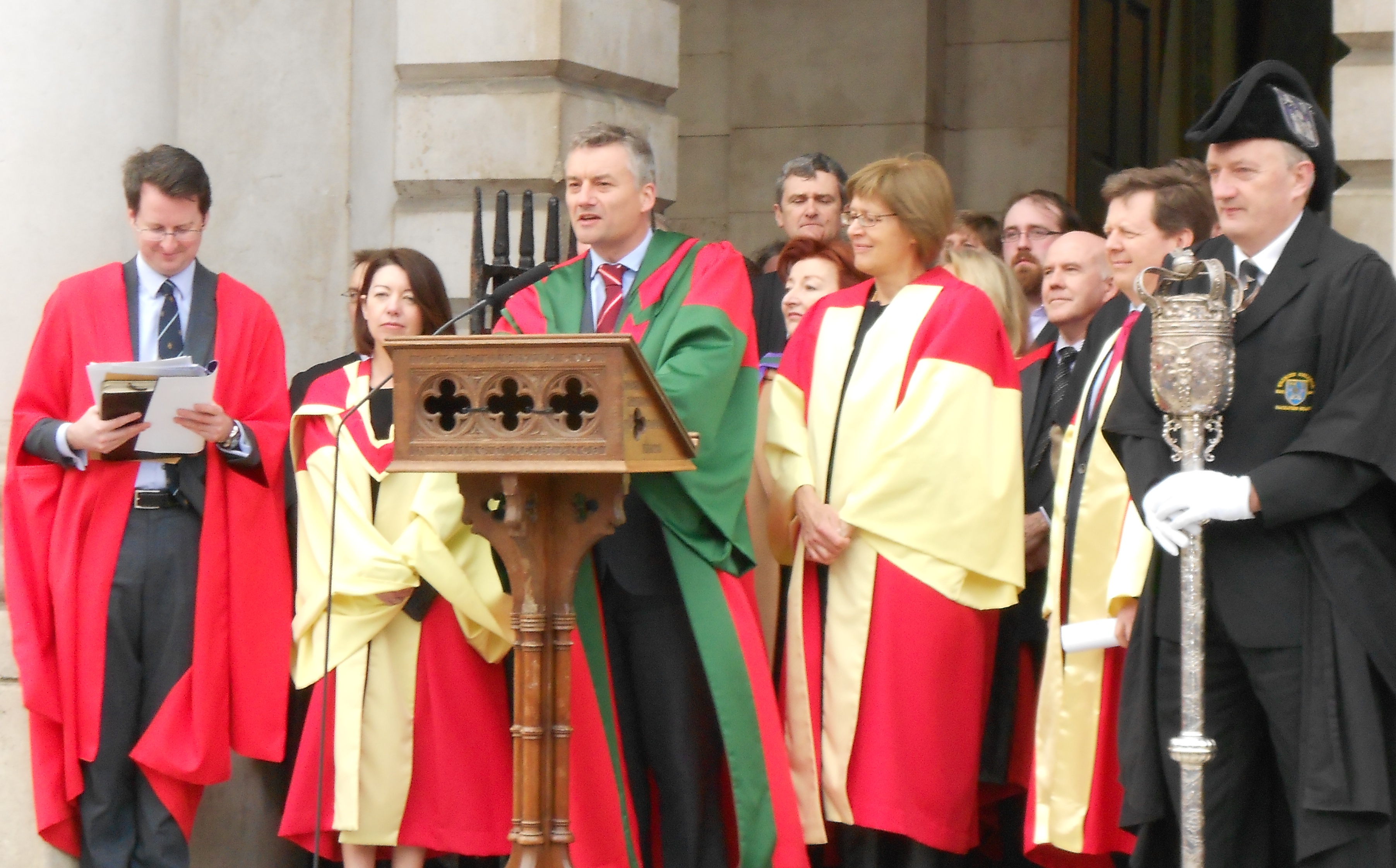Jenna Clark-Molloy | Contributing Writer
“So, are you going for Schols?” The question that every second year student at Trinity gets asked, and the one they most dread hearing. The exams are difficult enough to study for, but in such a competitive environment discussing them, even among family, can be an emotional nightmare. Scholarship examinations have been a huge part of Trinity’s tradition since its foundation. They are renowned all over the country, and abroad, for being what really separates the best from the best. But, hypothetically, if Schols had never been introduced way back when, and were now being brought forward as a brand new concept, would it be so willingly accepted?
The exams are difficult enough to study for, but in such a competitive environment even discussing them can be an emotional nightmare.
To become a Trinity Scholar, one must achieve a first in the annual scholarship exams, which essentially involves covering the entire year’s course (and knowing it all incredibly well, even more in depth than the course content) for the beginning of January. If you manage to do all this, and achieve a first overall, you will be a Trinity Scholar. But is all of this extra work (and considerable stress) really worth it?
The short answer seems to be yes. Trinity Scholars receive huge benefits once they have been awarded, which include:
- Fees paid in full, including the registration fee
- College accommodation, or alternatively just over €2000
- Commons, i.e. a three course meal, provided Monday-Friday
- A vote as part of TCD for the Seanad
- A “scholar’s wage” of €254 annually
- The all-important “Sch.” beside your name
But are these sizeable perks going to those deserving them? Obviously anyone who gets Schols has put in a huge amount of work, and deserve to be rewarded, but couldn’t the fee subsidies go to people really in need of it? Many (but not all, by any means) of the people who receive Schols have been to private schools and come from somewhat affluent backgrounds, in part because economic background correlates strongly with academic achievement. Meanwhile many other Trinity students availing of the SUSI grant, or perhaps granted entrance through the Trinity Access Programme (TAP) are struggling to cover their fees. As wonderful as the scholars are, do they really need to receive these benefits?
The very idea of Schols is almost exclusively unique to Trinity, and is the only sort of scholarship of its kind in Ireland.
On the other hand, means testing Schols seems almost an impossible task anyway, but the idea is made seem even more ridiculous when you realise that means testing when offering rewards does not happen in the real world. No boss will offer an employee a bonus over another for doing the same work just because one is worse off. It’s simply impractical, and to do that with Scholarship exams would set students up for a fall when they eventually enter the world of work.
Schols exams also famously lack diversity in the courses they reward. In 2014, a mere ten scholars (out of 99) were TSM students, while TSM students account for a much larger proportion of the student body than this, and while BESS is one of the most highly populated courses in the college, it produced a mere two scholars. Many TSM and other Arts, Humanities and Social Sciences (AHSS) students are often deterred from taking the scholarship exams on the basis that “Arts students never get them”, and to try would be a waste of time. The move to introduce a General Paper to the Scholarship exam from next year on hopes to eliminate some forms of bias, but whether this will succeed or not remains to be seen.
The very idea of Schols is almost exclusively unique to Trinity, and is the only sort of scholarship of its kind in Ireland. While many third level institutions in the country reward students who do exceptionally well in their State Exams, through cash, accommodation, book vouchers etc., none do it quite like Trinity.
The Scholaraship Exams are one of many well-established traditions at Trinity, and for better or worse they will likely remain so for many, many years to come.
To be perfectly honest, if Schols were proposed as a new idea in 2014, I have serious doubts as to whether it would be accepted. There are too many little details to be picked at, and there are too many ways in which certain groups are discriminated against and disadvantaged from the outset. That being said, the Scholaraship Exams are one of many well-established traditions at Trinity, and for better or worse they will likely remain so for many, many years to come.







